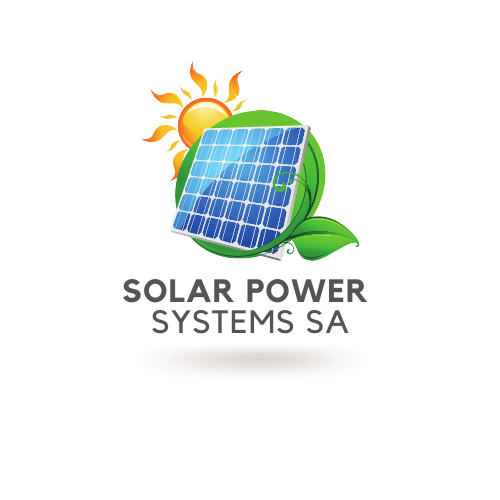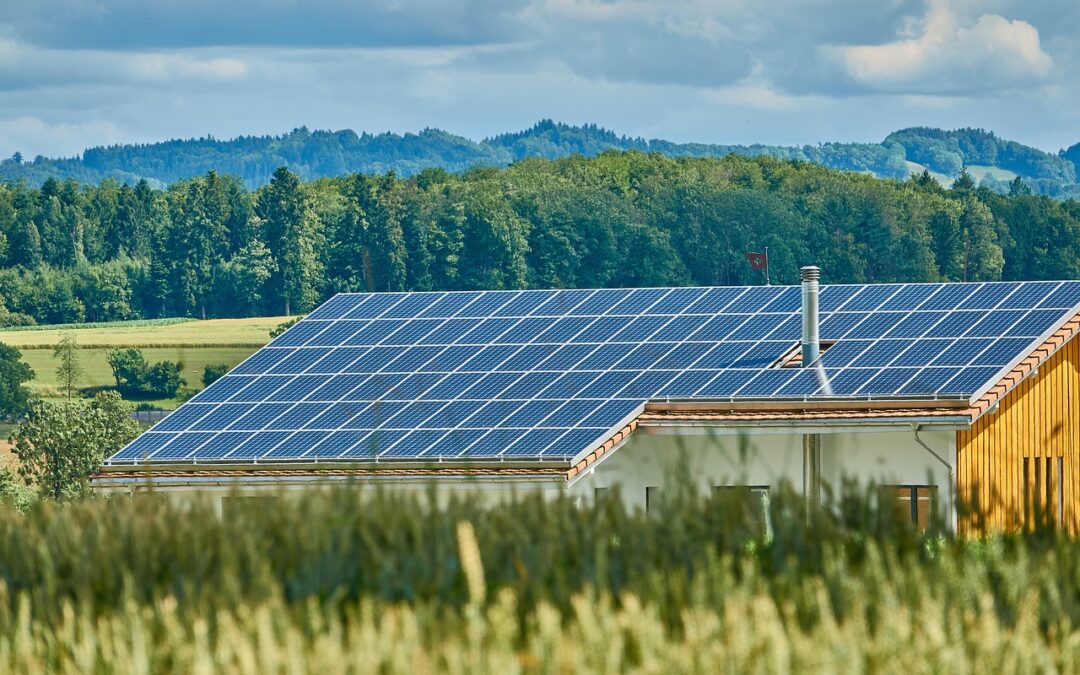When investing in a solar power system for your business or home, the first step is selecting the type of solar power system you are going to install. The two most popular solar power systems are off-grid systems and grid-tied systems. While both use PV Panels to yield electricity from the sun, they run very differently. Here are the key differences between off-grid and grid-tied solar systems.
Off-Grid Solar Power System
What is an off-grid system?
An off-grid solar power system operates independently from the main electricity grid. This means you will not rely on the likes of Eskom to supply you with power. Your main source of power will be from the solar power system. An off-grid system requires massive battery capacity in order to be capable of powering your property as well as an inverter to supply power in periods of low sunshine or rain.
Cost of off-grid system
An off-grid solar power system is the most expensive type of solar power system on the market. It requires massive capital investment in PV panels, inverters and batteries in order to meet required capacities.
Who is an off-grid system best for?
Off-grid systems are best suited to areas where a quality connection to the main grid is not possible, for example very remote or rural areas. It is not a feasible solution for businesses or homes with a stable connection to the electricity grid.
Grid-Tied Solar Power System
What is grid-tied system?
A grid-tied solar power system is the most popular option in South Africa. PV panels are installed on your building’s roof and electricity yielded from the sun is stored in the system battery and inverter. The system runs all lights and appliances on the property when sized correctly for your energy requirements. In the case of low levels of sunshine, once the battery runs out of the stored power, the grid will automatically kick back in.
Cost of grid-tied system
A grid-tied system is a viable option for many homes and businesses with the initial investment being covered in years to come, particularly if the property has a large monthly electricity bill and high consumption.
Who is a grid-tied system best for?
Any residential or commercial property with high energy consumption during peak hours and a high monthly electricity bill.

